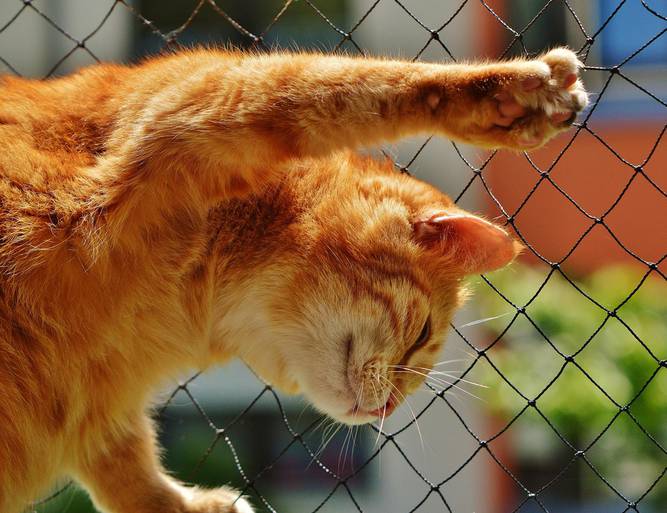When it comes to our furry friends, routine vet visits are essential for maintaining their health. However, there are several crucial aspects of pet health that may not be fully addressed during these appointments. Understanding these hidden gems of information can empower you as a pet owner to take proactive steps in ensuring your pet's well-being. ?✨

The Importance of Preventive Care
Preventive care is the cornerstone of pet health. Regular check-ups can help catch potential issues before they become serious. According to the American Veterinary Medical Association (AVMA), pets that receive regular veterinary care live longer, healthier lives. In fact, studies show that pets who visit the vet at least once a year can live up to 15% longer than those who don’t.
Key Preventive Measures
Here are some essential preventive measures that every pet owner should consider:
| Preventive Measure | Recommended Frequency | Benefits |
|---|---|---|
| Vaccinations | Annually | Protects against serious diseases |
| Dental Cleanings | Every 6-12 months | Prevents dental disease and bad breath |
| Parasite Prevention | Monthly | Reduces risk of fleas, ticks, and worms |
| Wellness Exams | Annually | Early detection of health issues |
Nutrition: The Unsung Hero of Pet Health
Nutrition plays a pivotal role in your pet's overall health, yet it is often overlooked during routine visits. Many pet owners are unaware that the quality of their pet's food can significantly impact their health. A study by the Association for Pet Obesity Prevention found that 60% of pets in the U.S. are overweight or obese. This can lead to serious health issues, including diabetes, joint problems, and heart disease.
Choosing the Right Diet
When selecting a diet for your pet, consider the following factors:
| Factor | Importance |
|---|---|
| Age | Different life stages require different nutrients |
| Activity Level | Active pets need more calories |
| Health Conditions | Special diets may be necessary for certain health issues |
For more information on pet nutrition, you can check out resources from the Pet Food Institute.
Mental Health Matters
Just like humans, pets can experience stress and anxiety. However, this aspect of pet health is often neglected during vet visits. According to a survey by the American Kennel Club, 1 in 3 dogs show signs of anxiety. This can manifest in various ways, including destructive behavior, excessive barking, or withdrawal.
Tips for Enhancing Your Pet's Mental Well-being
| Activity | Benefits |
|---|---|
| Interactive Toys | Stimulates mental engagement |
| Regular Exercise | Reduces anxiety and improves mood |
| Socialization Opportunities | Helps build confidence |
For more insights on pet mental health, consider visiting The Humane Society.
The Hidden Costs of Pet Ownership
While routine vet visits are essential, they can also come with unexpected costs. A survey by the American Pet Products Association (APPA) revealed that pet owners spend an average of $1,200 annually on their pets, including food, grooming, and veterinary care.
Breakdown of Annual Pet Expenses
| Expense Category | Average Annual Cost |
|---|---|
| Food | $500 |
| Veterinary Care | $300 |
| Grooming | $200 |
| Supplies (toys, beds, etc.) | $200 |
Understanding these costs can help you budget better and ensure that you are prepared for any unexpected expenses that may arise.
Conclusion
Being a responsible pet owner means going beyond routine vet visits. By understanding the importance of preventive care, nutrition, mental health, and the financial aspects of pet ownership, you can ensure that your furry friend lives a long, healthy, and happy life. Remember, your vet is a valuable resource, but it’s essential to take an active role in your pet's health journey. ?❤️
For more tips and resources on pet health, feel free to explore websites like PetMD and ASPCA. Your pet deserves the best, and with the right knowledge, you can provide just that!



